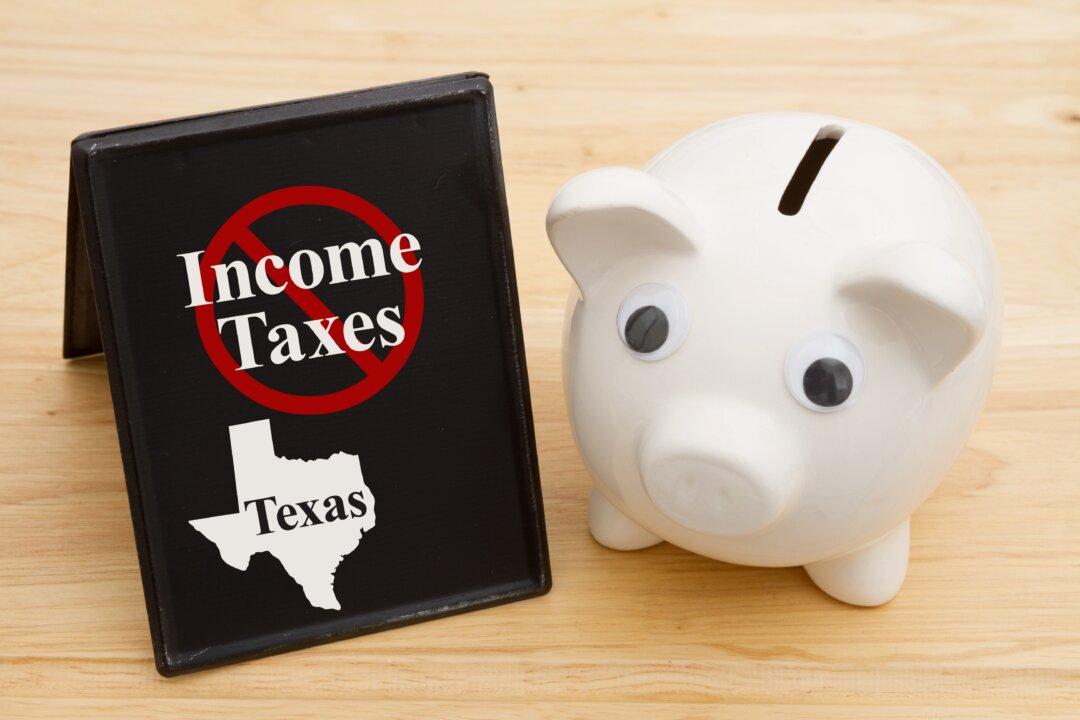When most people think of high state taxes, some states come to mind. These include California, New Jersey, and New York. But some states are friendly to taxpayers. One tax-friendly state is Texas.
According to the Tax Foundation, Texas ranks 13th as 2024’s best state for taxes. That’s why some companies are moving out of California, Oregon, and Washington to take up shop in Texas. But are there any changes to Texas taxes for 2024?






